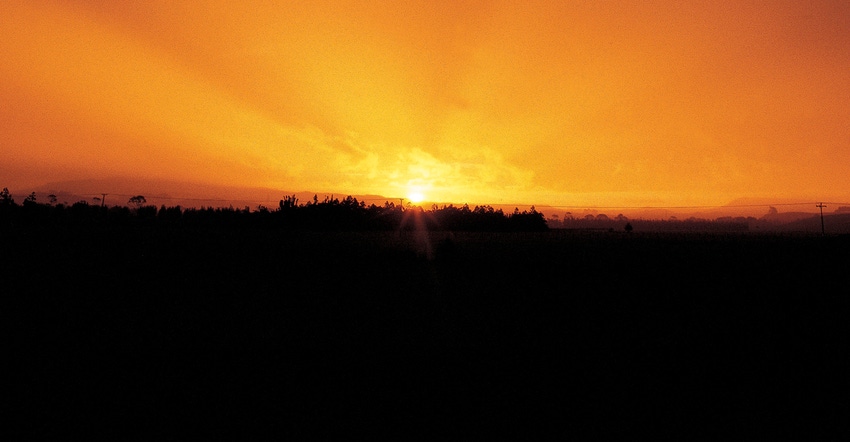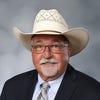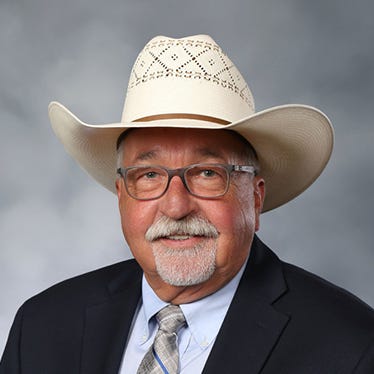March 10, 2017

The newcomer’s hat looked a little out of place alongside those of the locals at the morning gathering spot. The regulars had been meeting daily at the rural cafe for many years, to enjoy a good cup of coffee, socialize and attempt to solve the world’s problems. Their sweat-stained and manure-speckled lids lined the hat rack inside the entrance to the eatery, so the newcomer’s recently purchased 10X beaver fur cowboy hat shined like a diamond in a mule’s … something.
Nonetheless, the locals liked the young man. He was polite and personable, had a good-paying job in town, and openly dreamed about being a rancher himself. Although he was raised in the city, he proudly proclaimed that John Wayne was his boyhood hero — a fact that endeared him even more so to the table of old men who regaled him with their daily stories from the farm.
Eventually, the newcomer amassed the resources to acquire a modest-sized piece of land in the area. The property was pretty rundown, but the locals assured him that it could become a good farm with the right management. Armed with what he thought was a vote of confidence from the old men, he began the process of transforming the place into a real farm by hiring land-clearing contractors and fence builders — not realizing that the old men’s farms were made picturesque and productive gradually, with back-breaking sweat equity.
Overpaid?
The old-timers grimaced when the young "cowboy" purchased an outstanding set of cows for a couple hundred dollars more per head than they were worth, even at the very top of the cattle price cycle. Again, the young man didn’t realize that the old guys’ cow herds had been meticulously assembled over decades. But, the old guys sure wouldn’t appreciate someone telling them how they should farm. Thus, abiding by the unspoken tenet of their culture, they certainly were not going to give unsolicited advice to the new guy.
The experienced farmers also winced as they watched their young friend buy a complete line of brand-new, top-shelf farm equipment. It caused most of them to think back to their first tractors that were bought well-used: Farmall M’s, John Deere B’s and Ford 8N’s. Silently, they wondered if the new guy could make the payments on all those purchases.
Over the next couple of years, the new farmer continued to come to the diner to visit with his neighbors and idols. He began to ask questions and learned that you can’t grow grass without fertilizer — and fertilizer is expensive. He also learned that rains don’t necessarily occur when you need them, snow and ice come at the most inopportune times, and cattle prices can go from low to lower. Not every cow breeds on time, and not every calf that’s born lives. Cattle have to have feed and water every day, not just on weekends; and when you owe money at the bank, the payments are expected on time — with interest.
The old men that he had visited with every morning at the diner, and had watched admiringly as they transported loads of cattle to the yards and big checks to the bank, were saddened when the newcomer admitted he was selling out and moving back to town. The young man hadn’t realized that when he met these experienced farmers each morning, they had probably done a half-day’s work already, and it had taken each of them 50 years of hard work to get to the point where they now were. Their hats were dirty for a reason.
On the young man's last morning at the diner, the oldest of the old-timers put his arm around the younger man’s shoulders. With genuine compassion, he looked in the young man’s eyes and said, “Son, don’t feel bad. This farmin’ business ain’t as easy as it looks.”
Crownover writes from Missouri.
About the Author(s)
You May Also Like






